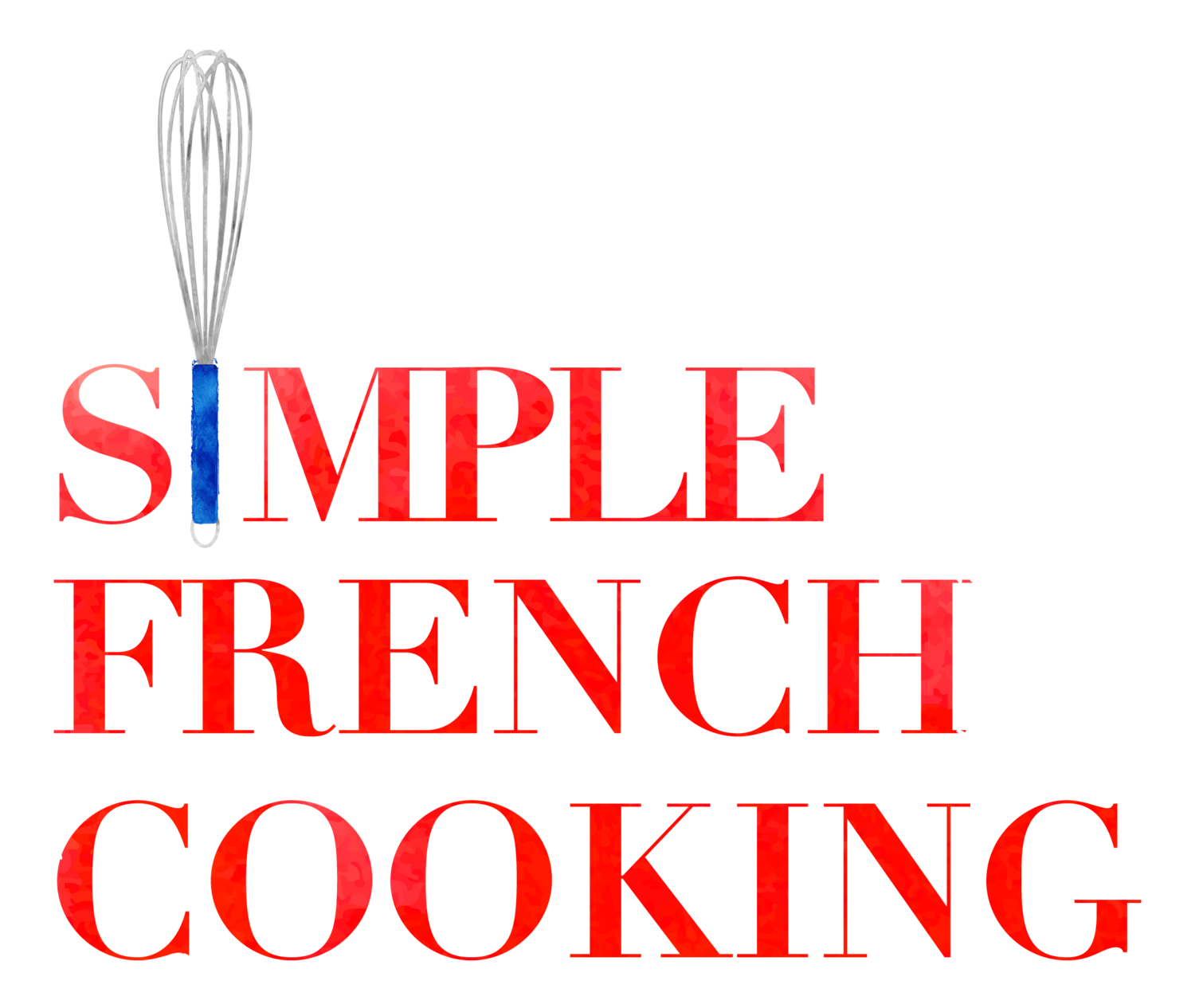
Who I Am
“My goal is to share my passion for French home cooking and how the French like to eat. Louis Szathmary, my first mentor, taught me that people do not eat methods, they only eat results. The important part is the final flavor and consistency and the conviviality at your home.”
- French Cooking For Beginners
Bonjour!
I came by my reverence and passion for French food very honestly. I grew up the proud son of two immigrant parents whose French culture and joie de vivre helped shape the person that I am today.
My story starts from the very beginning— actually, nine months before when I was still deep within my mother’s warm and comfortable womb. My grandfather Pépé insisted on feeding my pregnant mother a hearty French diet of foie gras and black truffles to ensure that, despite living thousands of miles from the French motherland, I would grow up to become a proper gourmand. The gourmandizing extended just past my first minute on planet Earth. Instead of getting the traditional spank and sip of mother’s milk to herald my arrival, I was handed a flute of bubbles and, with that, a serious addiction to the good life. Well, however embellished, I did start life with a French palate and a deep taste for truffles.
I grew up in Chicago, living life on the fence between two cultures: French and American. My mother came from a Provençal family whose wide roots extended as far north as Alsace. Her palate was educated by a combination of the simple country cooking that appeared nightly on her father’s dinner table and eating at many of the great brasseries in Paris.
It may be very cliché to claim that I learned to cook hanging off my maman’s apron strings, but I really did. My mother was a free-spirited natural in the kitchen who cooked like great jazz musicians’ riff. It was edible poetry in constant motion. She had a bold and fearless style that was inspired by what she found each day at the market. Often, she strapped me and my sister to her bicycle and rode to the four corners of the universe in search of ingredients. For the French, the act of sourcing fresh ingredients (and getting fresh baguettes) is monumental. It is the key to the success of any dish.
Together, we shopped daily with my mother, who taught us from a very young age how to pick the ripest tomatoes and best eggplants for her ratatouille. Her ambrosial version, best savored with eyes closed, conveyed the rich tapestry of the Provençal table. French home cooking is simple, unpretentious cuisine based on sun-ripened vegetables and fruits, fragrant herbs, abundant seafood, and pasture-raised meats. My mother schooled me on using the cheaper, secondary cuts that still weren’t popular in America and transforming them into a delectable navarin of lamb or a slow-cooked beef daube.
My mother’s food was imbued with a generous helping of love and passion typical of any French woman. The scenes from my childhood could have very well played out in any French household in the world. While most kids were out playing games with their friends, I was busy mastering a mustard vinaigrette for a simple green salad. This is how I learned to cook French food, and it is the very aspect I want to share the most. Remember, first and foremost, that food is a celebration. We celebrate the changing seasons by the dishes we cook; we celebrate the table, our friendships, and the simple joys of life.
My goal is to share my passion for French home cooking and how the French like to eat. I will leave you with one last thought: My first mentor taught me that people do not eat methods, they only eat results. Do not get too caught up and stressed about things like whether you use canned chickpeas or the dried ones that need to be soaked all night. The important part is the final flavor and consistency and the conviviality at your home. Love is always the most important ingredient in any recipe.
Have fun cooking. Bon Chance et Bon Appetit!
Francois de Melogue
